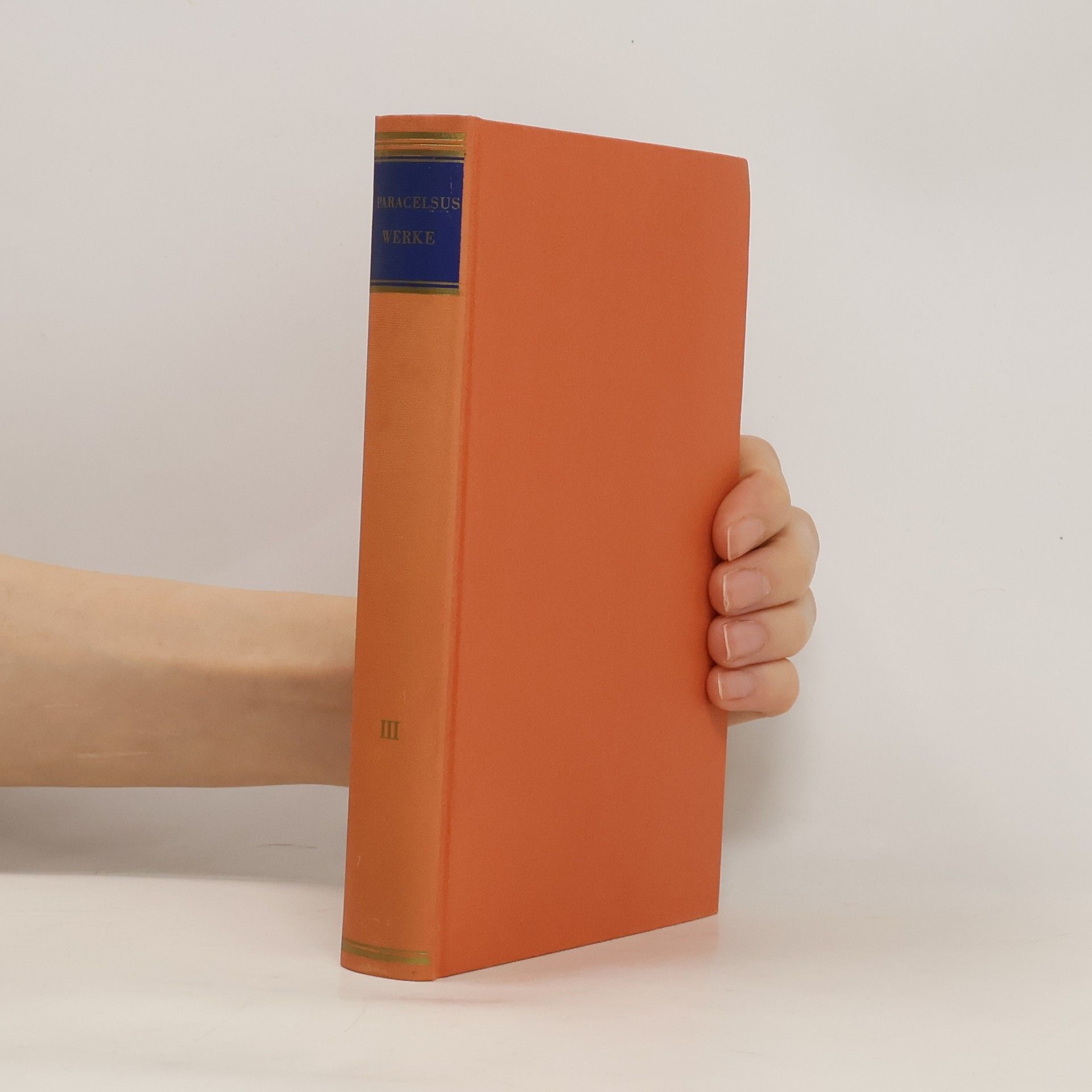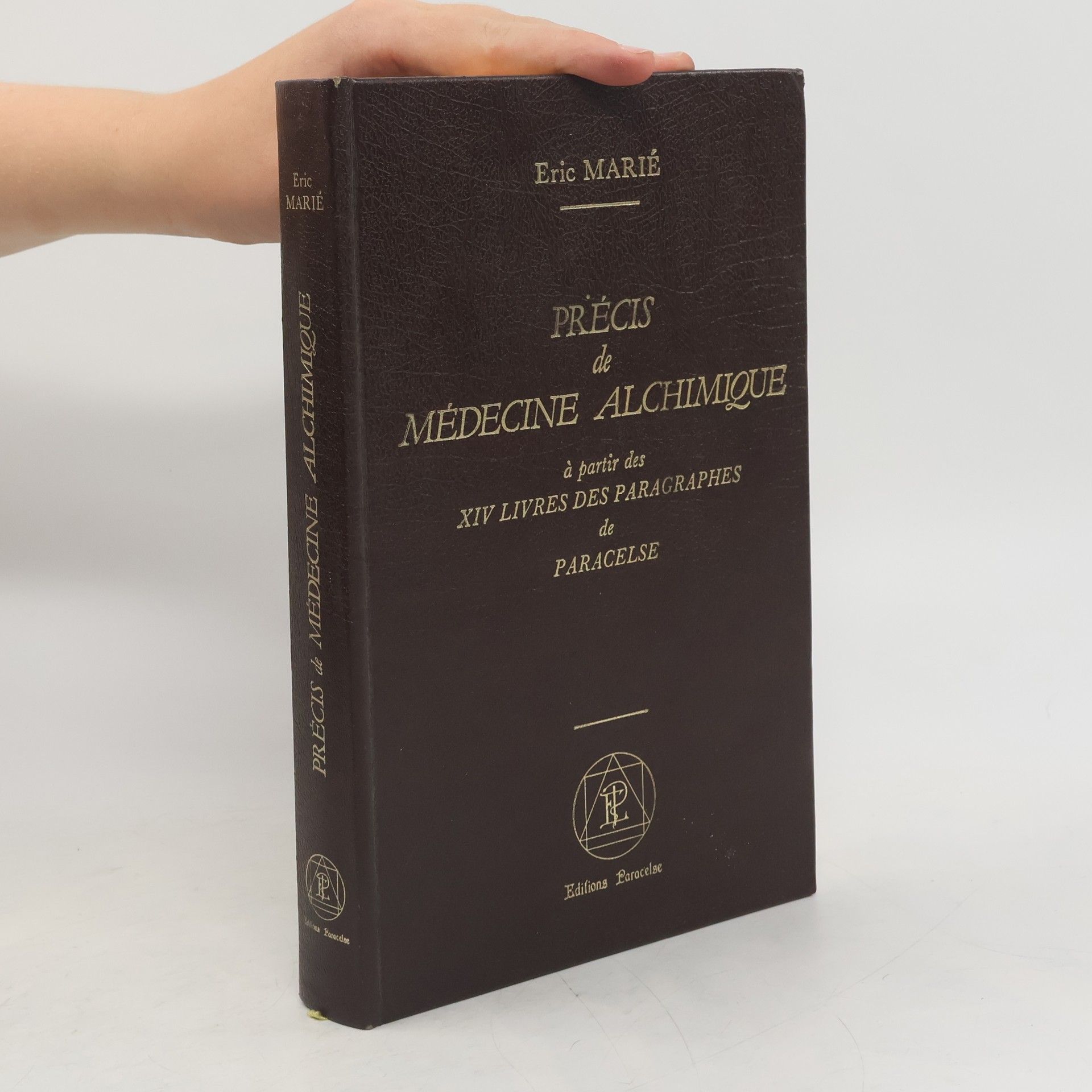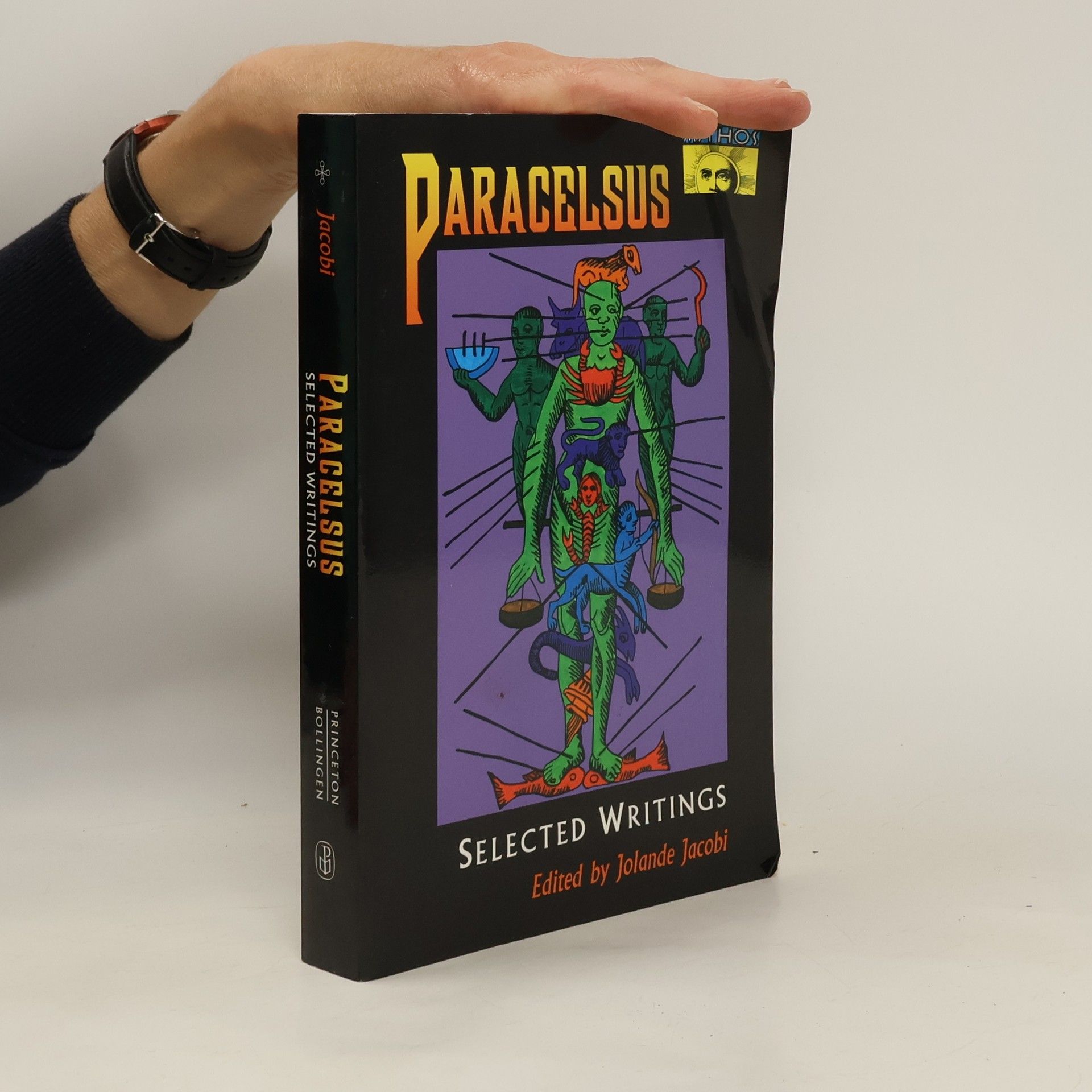Paracelsus
- 362 pages
- 13 hours of reading
The enigmatic sixteenth-century Swiss physician and natural philosopher Philippus Aureolus Theophrastus Bombastus von Hohenheim, called Paracelsus, is known for the almost superhuman energy with which he produced his innumerable writings. This anthology presents a selection of the moral thought of this man.



